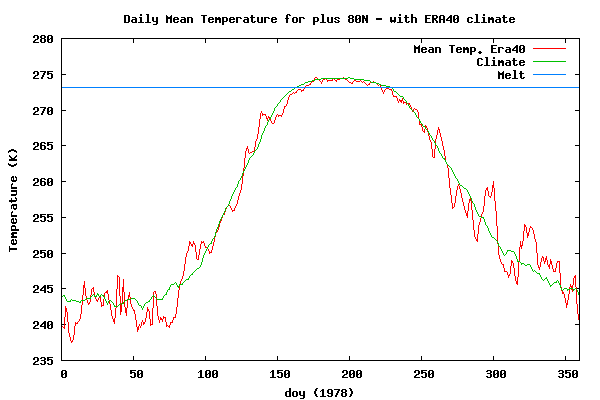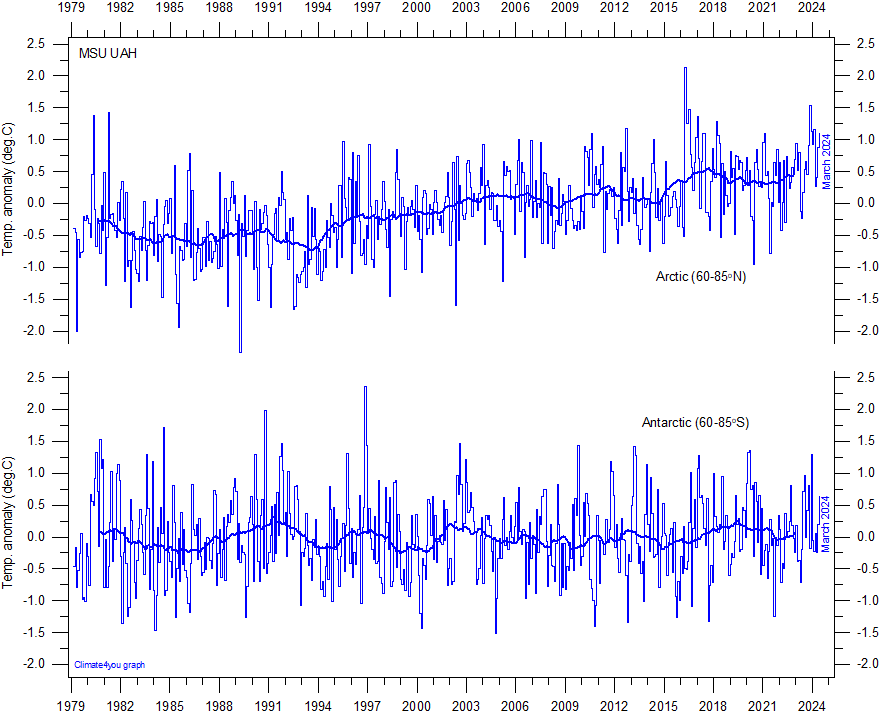The New Zealand Parliament Wins Our 'Useless Git of the Week' Award
Three Strikes and You Are Terminated
Will It Happen In The US?
Update! See follow-up articles:Draconian New Zealand Copyright Law Foundering? March 13, 2009
Draconian Internet Copyright Law Dead, Or Is It? March 23, 2009
A new draconian law in New Zealand allows the American and New Zealand film and music industries to pressure Internet Service Providers (ISPs) to terminate any individual or business users solely on their say so. If an ISP resists, they may be sued for not complying with the new law--as has happened in Australia.
Under a new provision in the New Zealand Copyright Act (Section 92A), which comes into force on 28 February, internet users’ accounts can be terminated as a result of unproven accusations of piracy. Section 92A states that if a copyright owner thinks that an internet user is guilty of repeatedly breaching copyright, then the user’s ISP will be forced the terminate their internet connections and websites.
In an internet version of the Salem Witch Hunts, the concept of “innocent until proven guilty” will be thrown out the window. Termination of Internet access will occur without any evidence, without a fair trial, without any right of appeal, and with no punishment for anyone making erroneous or malicious accusations of copyright infringement.
A "copyright holder" can get you kicked off an ISP without having to provide any evidence of an actual infringement. Having to [provide evidence] is apparently "impractical" and "ridiculous" in the words of RIANZ [Recording Industry Association of New Zealand] chief executive Campbell Smith. What happens when the "you" above is a public library, or a school? Or if the "copyright holder" makes a mistake or a malicious accusation?
--ComputerWorld Magazine (New Zealand)
Making mistakes can be an easy thing to do. 25% of computers are infected with viruses that download and distribute material without the owners knowledge, interaction or consent. What happens to computer users whose wireless internet connection is compromised? What if that user is a school or hospital?
Already, New Zealand Internet Service Provider giant TelstraClear's head of corporate services, Matthew Bolland, has stated that from 1 November 2008, TelstraClear is taking down websites upon a single accusation of copyright breach. "We don't check or verify," Bolland said "We take it down." ISPs like TelstraClear do not and cannot identify copyright infringement which is why this law forces them to take such actions.
Too bad if the IP has been spoofed, or the accusation is unfounded or even malicious--there is no right for contesting the claim. Too bad too, if the IP is being used by a school, library, university, hospital, business or even a government office!
Justin Graham of the New Zealand law firm Chapman Tripp confirms that the act fails to differentiate between individual accounts (home users) and internet accounts with multiple users such as businesses.
Rick Shera, a partner in law firm Lowndes Jordan, says ISPs have to decide whether material infringes copyright after receiving a complaint. If ISPs choose to leave the material up they have no protection from liability for secondary copyright infringement. The risk of not removing material is, therefore, greater than the risk of taking that material down, Shera says.
Effectively, a single person's bad behavior can bring down an institution, all because certain elements of the recording, videogame and movie industries can't solve their own piracy problems.
"Businesses support the need to protect intellectual property, and we are sympathetic to the significant problems the music, movie and gaming industries face. However, balance is the key. Protecting one person's interests at the expense of others is completely inappropriate," Telecommunications Carriers Forum chief executive Ralph Chivers said.
More sadly, it's symptomatic of a technologically uneducated group of political decision makers being taken for a ride by lobbyists putting their interests ahead of the nation.
--National Business Review (New Zealand)
"What it does is it forces internet service providers to cut off the internet of anyone who's accused of infringing copyright, not found guilty, just accused," said Bronwyn Holloway-Smith of New Zealand’s Creative Freedom Coalition.
Until August, Elliott Smith had over 100 videos on YouTube. Then, he made the mistake of uploading Olympics footage without permission and within 12 hours his account was suddenly deleted.
"I emailed YouTube and they didn't get back to me. So I ended up just setting up a new account. It's probably easier than going back but I didn't have any of my old videos or anything saved to my hard drive so it's a bit of a hassle," said Smith.
The new law forces New Zealand ISPs into the untenable position of being the police, judge, jury and executioners for the entertainment industry. “Three-strike” laws--as proposals to force ISPs to terminate internet users merely accused of illegally downloading copyright material have been called--are being pushed globally by “Big Content” representatives of the entertainment industries. Australia and France recently caved-in and agreed to enact such laws, though the Parliaments of the European Union and the UK have rejected them.
In protest, the Creative Freedom Coalition and others have organized an “internet blackout” February 16-23, during which they encourage internet users to: “Join thousands of New Zealanders already against this law by blacking out your Facebook photo, your websites, your Myspace pages, your Twitter account, in protest against this unjust new law that may come into effect on February 28.”
How long before it happens where you live?










No comments:
Post a Comment